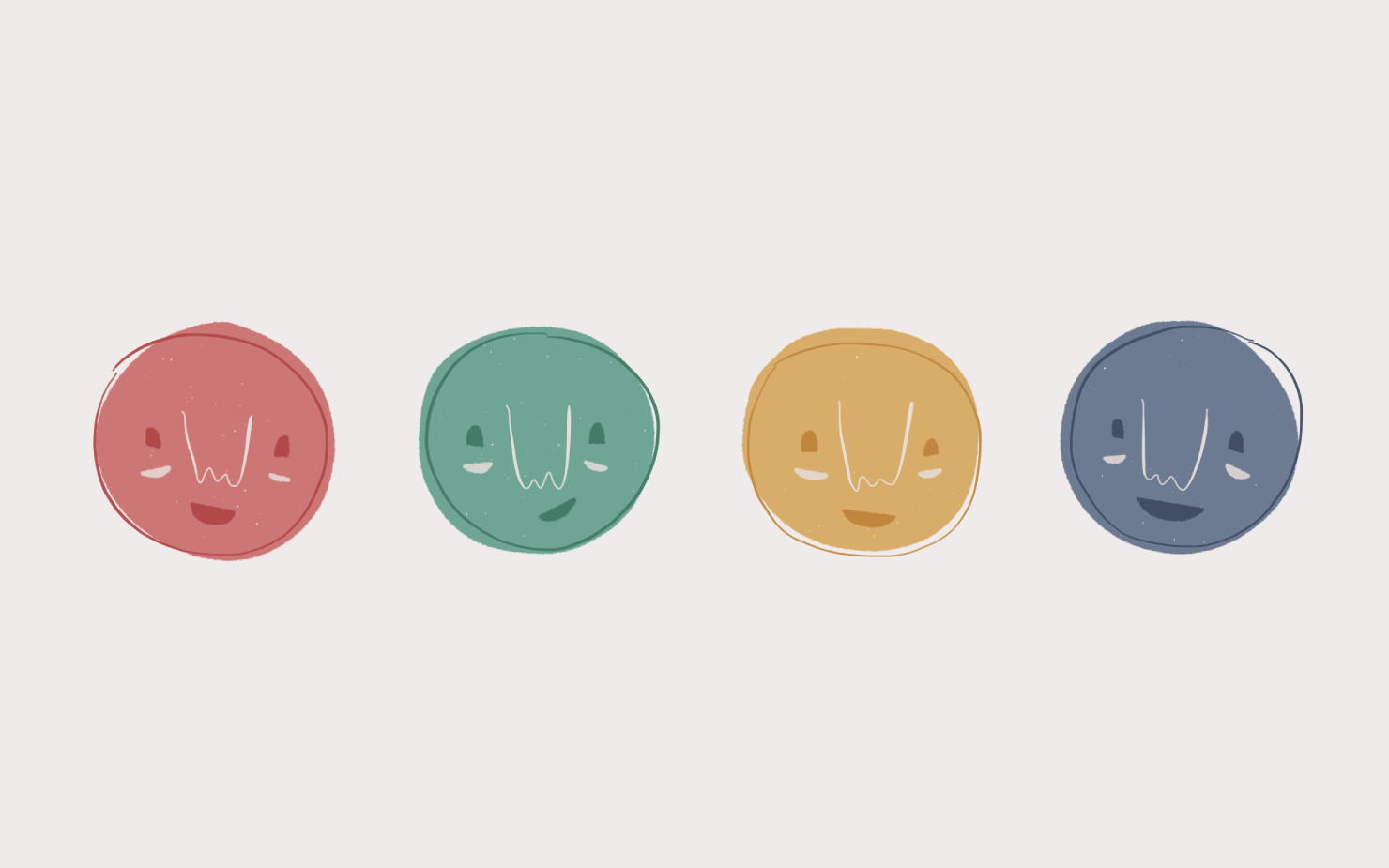
A New Language: The Colours of Behaviour
This is the third part in our A New Language series, if you haven’t already check out Part 1: The Four Colours and Part 2: Anchoring the Colours
So far in this series we’ve talked about the colours in the context of Motivation. In other words, we’ve given examples of what the colours represent when looking at the Interest (Asterisk on the Grid, and the 10 Interest scores) and Focus data.
But these same four colours are also used to describe the Behavioural (or Perspective) data: Usual, Need and Stress.
So what do the colours represent when we’re looking at these other scores?
Blue
Interest: Enjoys getting new stuff invented, thinking.
Usual: Usually sensitive, insightful, reflective, and pursuing quality rather than quantity in relationships.
Need: Needs time to think and process, individual caring support, valued for self as well as contribution, time for feelings as well as logic, freedom from too many demands.
Stress: Can suddenly erupt, become pessimistic, take things very personally, become indecisive, and withdraw from people.

Red
Interest: Enjoys getting stuff done, seeing things finished.
Usual: Usually matter of fact, pleasant, logical and energetic.
Need: Needs clear communication, straightforward decisions & situations, freedom from having to deal with emotional content, and plenty to do.
Stress: Can become blunt, insensitive, treat people impersonally, and be busy for its own sake.

Yellow
Interest: Enjoys getting stuff in order, building systems.
Usual: Usually orderly, focussed and concentrative, fair and even-handed, insistent on due process, group oriented.
Need: Needs opportunity to focus on important tasks, freedom from interruption, fair treatment for all, collegial environment where everyone’s contribution is listened to and respected.
Stress: Can become hyper-insistent, passive resistive, naive about others’ intentions, and avoid necessary debate and conflict.

Green
Interest: Enjoys getting stuff sold, interacting with people.
Usual: Usually assertive, competitive, responsive, flexible.
Need: Needs freedom from unnecessary rules and procedures, necessary rules enforced clearly, opportunities for argument & debate, clarity about who is in charge, reward and feedback for work done.
Stress: Can tend to drop the plan, self-distract, become argumentative and provocative, and become self-promotional.

I mentioned earlier that these Behavioural scores also relate to Perspective. Specifically, it’s your Need score which tells us something about your fundamental perspective, or how you think the world should function.
Looking at your own Need colour, how would you translate that score into a description of your perspective?
Below you will find some examples, but I suggest that you take the time to reflect and write your own notes. These scores don’t play out exactly the same for everyone and there may be specific elements that are particularly relevant for you at this stage or season.
If your Need marker falls near the centre of the Grid, or on a boundary between two colours, it’s especially important that you take time on this. What might the combination of colours reveal to you about your fundamental perspective?
Need as Perspective
BLUE Perspective
The world should be a place where:
- people are given plenty of time to think and reflect
- few demands are placed on individuals, so they have the freedom to work better
- each person is valued, respected and given individual support
RED Perspective
The world should be a place where:
- people communicate clearly with one another
- situations and decisions are kept straightforward and unambiguous
- there is plenty to get done, and few distractions
YELLOW Perspective
The world should be a place where:
- people are given the space and quiet to focus on their specific tasks
- distractions and interruptions are kept to a minimum
- everyone is treated fairly and all contributions are listened to and respected
GREEN Perspective
The world should be a place where:
- there are no unnecessary rules or procedures but necessary authority is clear and enforced
- there’s plenty going on and people are engaged and enthusiastic
- individuals are rewarded for their specific contributions
